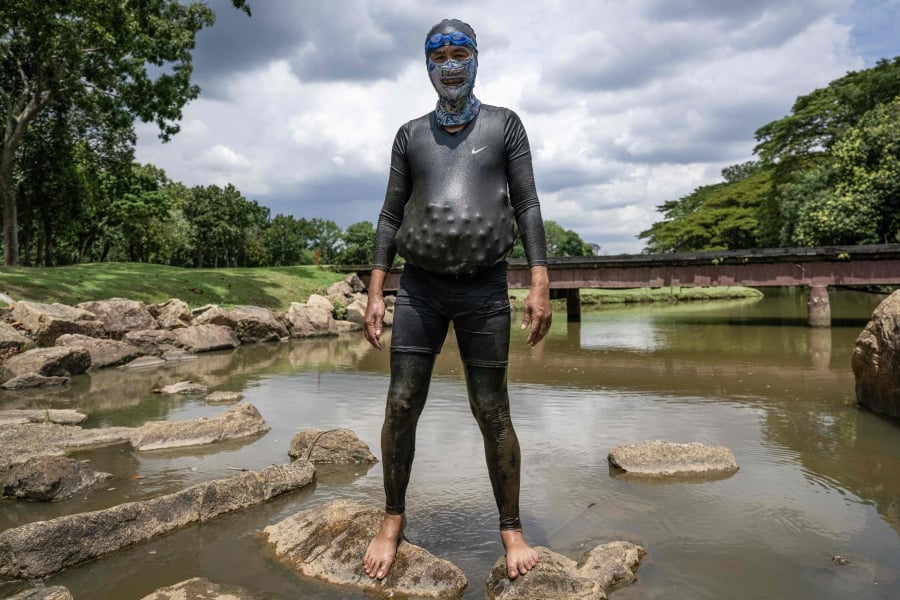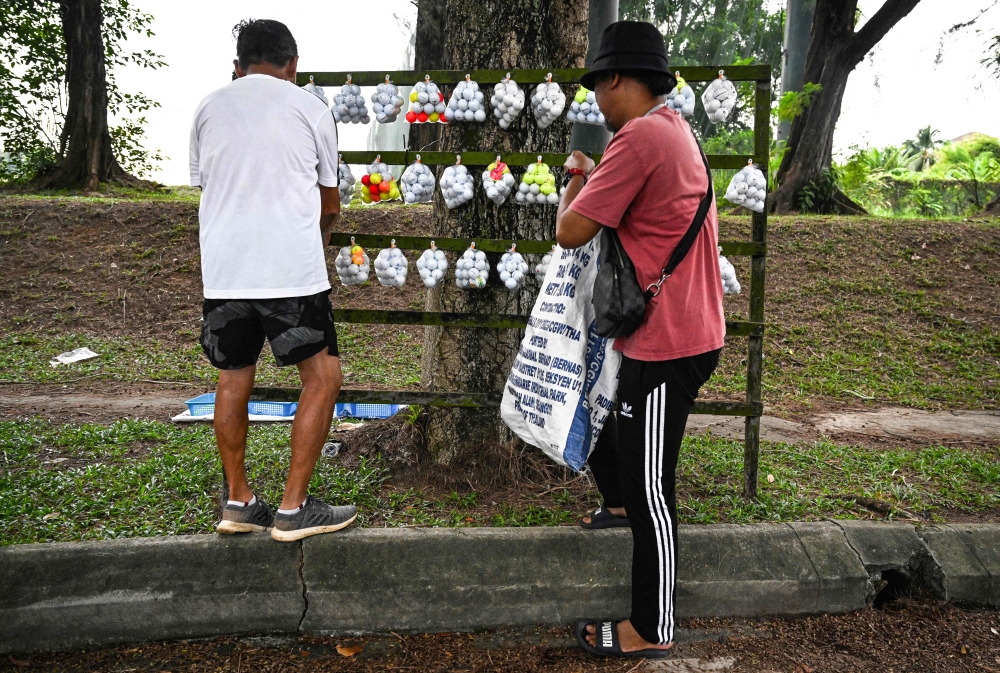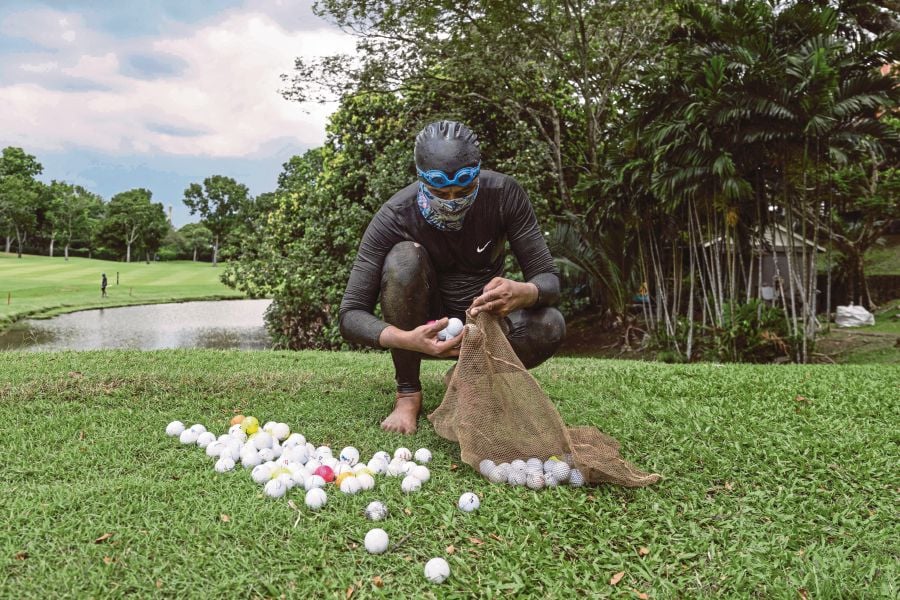Retired Navy Man Dives For Sunken Golf Balls And Makes Up To RM8,000 A Month
His work helps reduce plastic and rubber waste, giving the balls a new lease on life.
After 22 years serving in the Royal Malaysian Navy, Sumadi Ibrahim has found an unconventional way to turn his skills into a thriving business — diving into golf course ponds to retrieve sunken balls
According to AFP, the 51-year-old retired navy frogman shared that he earns up to RM8,000 a month — nearly three times the average Malaysian salary — by retrieving and reselling lost golf balls to golfers.
During his naval career, Sumadi patrolled shark-filled waters, putting his life on the line to defend the nation.
However, in 2014, after retiring, he traded in the open sea for murky golf course ponds in Selangor.
It all started in 2012 when a friend introduced him to the niche world of "golf-ball diving". Intrigued, Sumadi decided to dive into this new venture full-time after leaving the Navy.
Three nights a week, under the cover of darkness, Sumadi scours golf course ponds using nothing but moonlight to guide him.
Without any breathing apparatus, he relies on touch to distinguish golf balls from other debris, stuffing the balls into his long-sleeve shirt as he collects them.
"I use my hands as 'wipers'," he explains to AFP. "When my hands and feet come into contact with a certain object, I'm able to tell whether it's a ball or otherwise."
Though less perilous than his military days, the job isn't without risks. Golf course ponds are often littered with sharp objects like palm thorns, debris, and snail shells.
The cold, dark waters test his mental resilience and physical endurance.
To ensure his safety, Sumadi hires a part-time assistant to keep watch while he dives.
"If I get stuck or injured, at least there's someone to help me," he says, noting his constant concern about cramps and accidents.
Displayed in baskets and on makeshift racks, the bundles of 20 balls attract a steady stream of customers, many of whom are returning buyers.
Businessman Gilbert Tan, a regular golfer, is one such customer. "By purchasing recycled balls, I'm doing my part to help the environment," he shares, highlighting the environmental benefit of Sumadi's work.
Golf courses have long been criticised for their environmental impact, from clearing wild lands to maintaining lush greens that consume enormous amounts of water
Sumadi places golf balls he recovered from a pond into a net at a golf course in Shah Alam, near Kuala Lumpur.
Image via Mohd Rasfan/AFP/New Straits TimesWhile Sumadi doesn't call himself an environmentalist, his efforts to retrieve and resell golf balls help remove plastic and rubber waste from the ecosystem, giving the balls a second life.
For Sumadi, diving is more than just a job — it's a way of life. "I'm used to being in the sea," he says, reflecting on his naval past. Despite his unique career path, Sumadi remains humble about his achievements.
"I treat the golf course as my own home," he concludes. "I'll keep diving as long as I can."
In his own way, Sumadi Ibrahim proves that even the most unconventional careers can be rewarding, both financially and personally. From the high seas to the golf course, he continues to answer the call of the deep.



